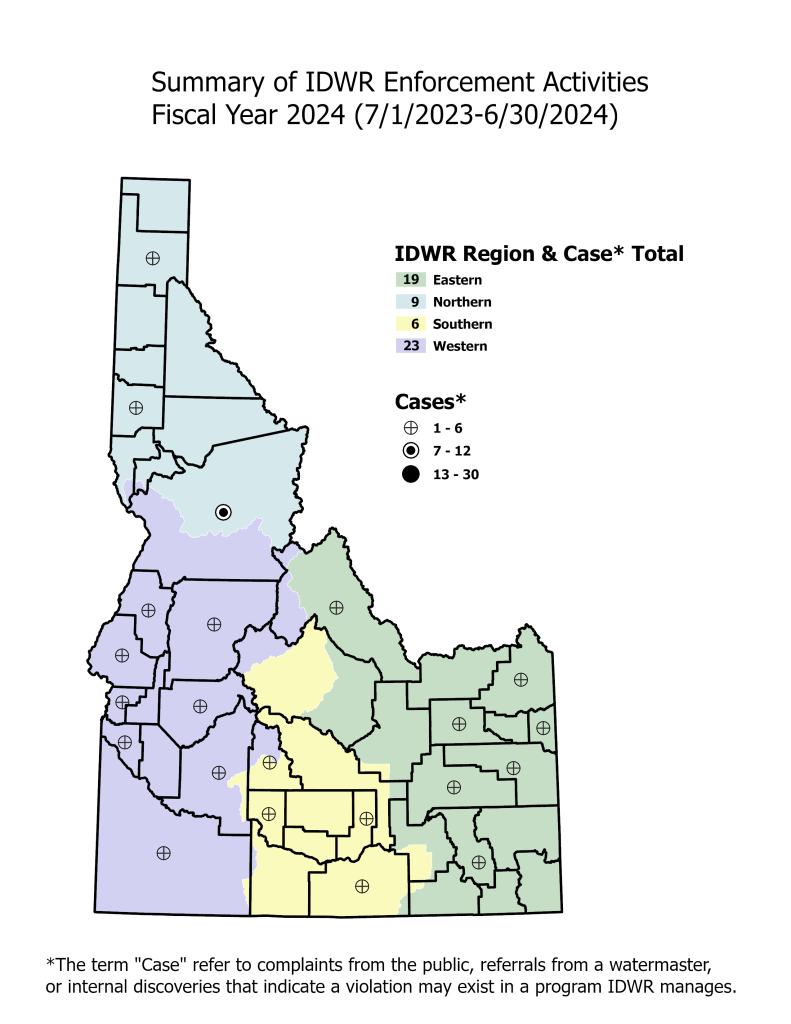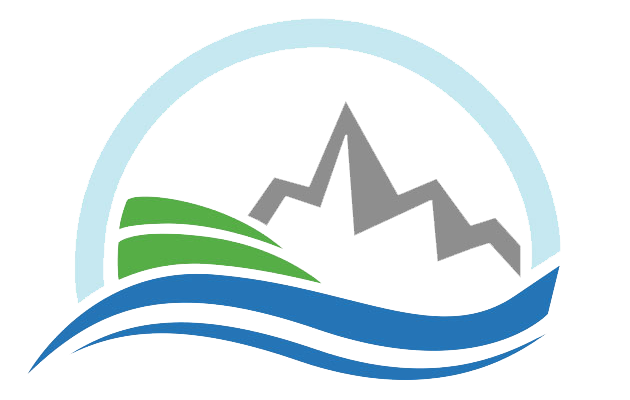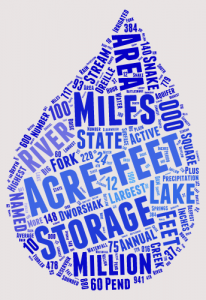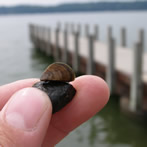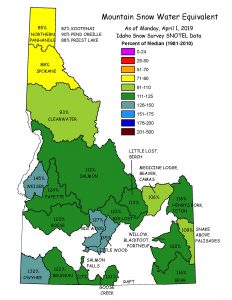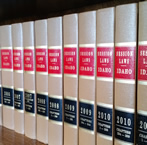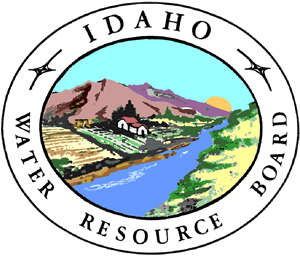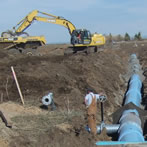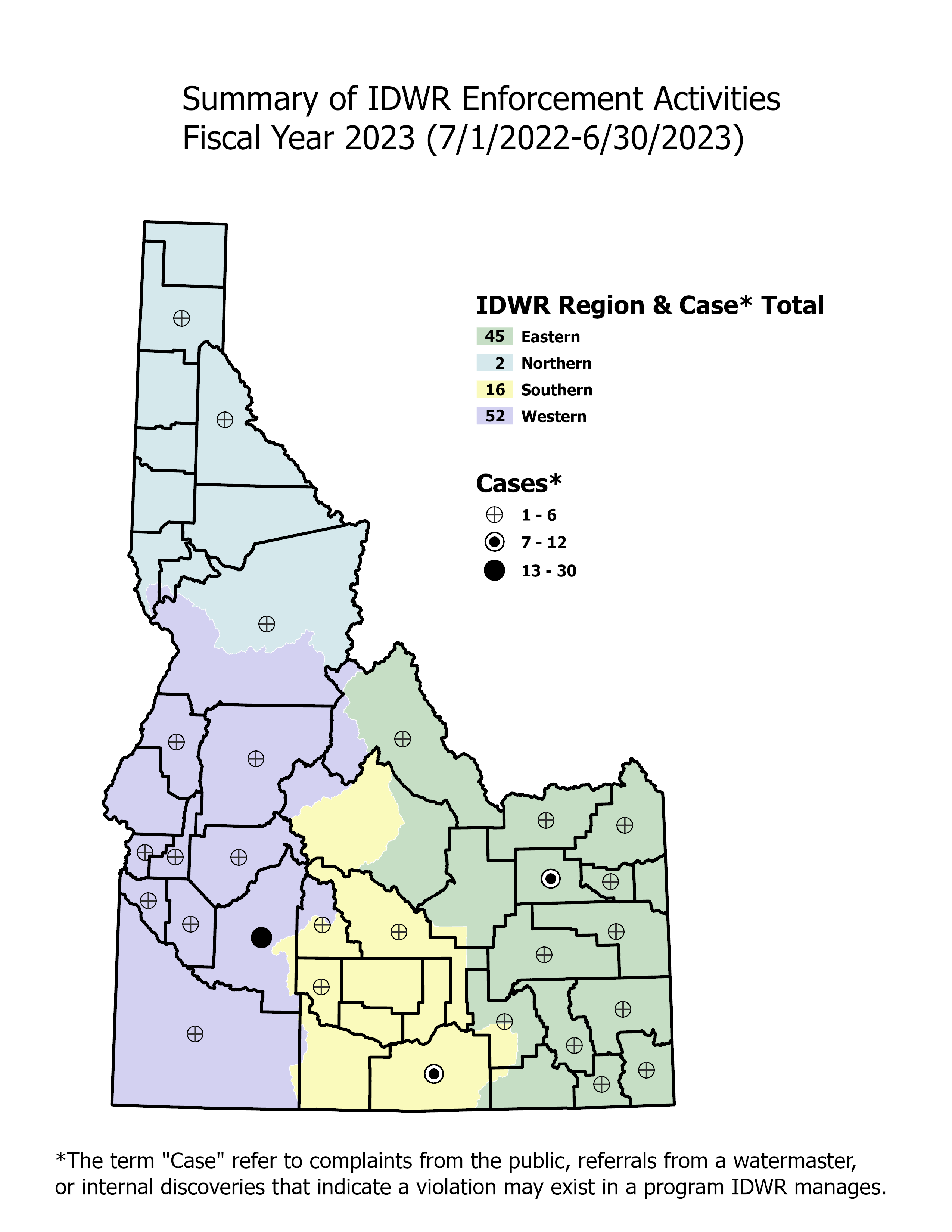Compliance
IDWR’s role in managing the public’s water resources includes encouraging voluntary compliance with state water law. IDWR promotes compliance by educating the public on laws and rules pertaining to programs IDWR manages. Those programs include the following:
- Water Rights – Appropriation and Use of Idaho’s Public Water Sources
- Ground Water Protection – Well Construction & Well Driller Licensing
- Stream Channel Protection – Alteration of Streams
- Underground Injection Control – Disposing Fluids Below Ground Surface
Activities associated with some of these programs may be jurisdictional for other state, federal, or local agencies. Prior to engaging in activities associated with these programs, IDWR encourages you to review our website and/or contact your regional IDWR office for more information on authorizations and compliance. IDWR is committed to providing assistance that achieves compliance across these programs.
Water is the foundation of Idaho’s economy and culture. Idaho’s numerous water resources support a variety of interests such as agriculture, aquaculture, industrial uses, public drinking water, energy development, recreation, wildlife habitat, and more. IDWR has invested millions in taxpayer dollars to balance these interests and to provide for the conservation of Idaho’s water resources. To support these efforts, IDWR may investigate compliance questions or issues associated with the above programs and may seek corrective action.
Enforcement
IDWR takes consistent, fair, and assertive enforcement actions when managing non-compliant activities. Enforcement actions may begin with a complaint, a routine compliance check, or an inspection. IDWR’s role is to investigate activities, educate individuals on necessary authorizations, issue formal administrative actions as necessary, and work with individuals to achieve legal compliance.
Enforcement Procedures
When a violation is evident, IDWR may work with the parties to achieve compliance at an informal level or through IDWR’s formal enforcement procedures. IDWR will seek compliance through education, assisting where possible, to help resolve the issue informally. If compliance is achieved swiftly, IDWR rarely elevates the case to a formal enforcement action. However, each violation is unique, and IDWR may consider pertinent circumstances when evaluating the severity and handling of a violation.
Idaho code § 42-1701B outlines formal enforcement procedures IDWR may implement to resolve violations. Formal enforcement procedures may result in both monetary penalties and remedial actions.
Complaints
Please contact an IDWR office if you have questions about a potential violation associated with one of IDWR’s management programs.
NOTE: Complaints that are civil or criminal in nature may not be within IDWR’s jurisdiction. The following are examples of non-jurisdictional issues:
- Trespass, rights-of-way, and easement issues
- Conveyance issues down ditches, laterals, or pipelines that are beyond the water right point of diversion such as blocked ditches, poorly maintained ditches, change of ditches, and flooding, etc.
- Property damage due to irrigation/water use management practices
- Irrigation District or Canal/Ditch Company issues including delivery disputes, inadequate delivery of ditch shares, ditch interference, and rotation problems, etc.
Resources
Enforcement and Compliance FAQ
42-1701B Enforcement Procedures
42-235 Drilling Permits
42-238 Well Driller Licensing
42-351 Illegal Diversion of Water
42-701 Control Structure & Measuring Device
42-1605 Artesian Wells
42-1720 Dam Safety
42-3809 Stream Channel Alteration
42-3916 Injection Wells
Idaho Statutes Pertaining to Canals and Laterals
IDWR’s Administrative Guidance Documents for Illegal Diversion of Water, Stream Channel Alteration, & Well Construction/Drilling
